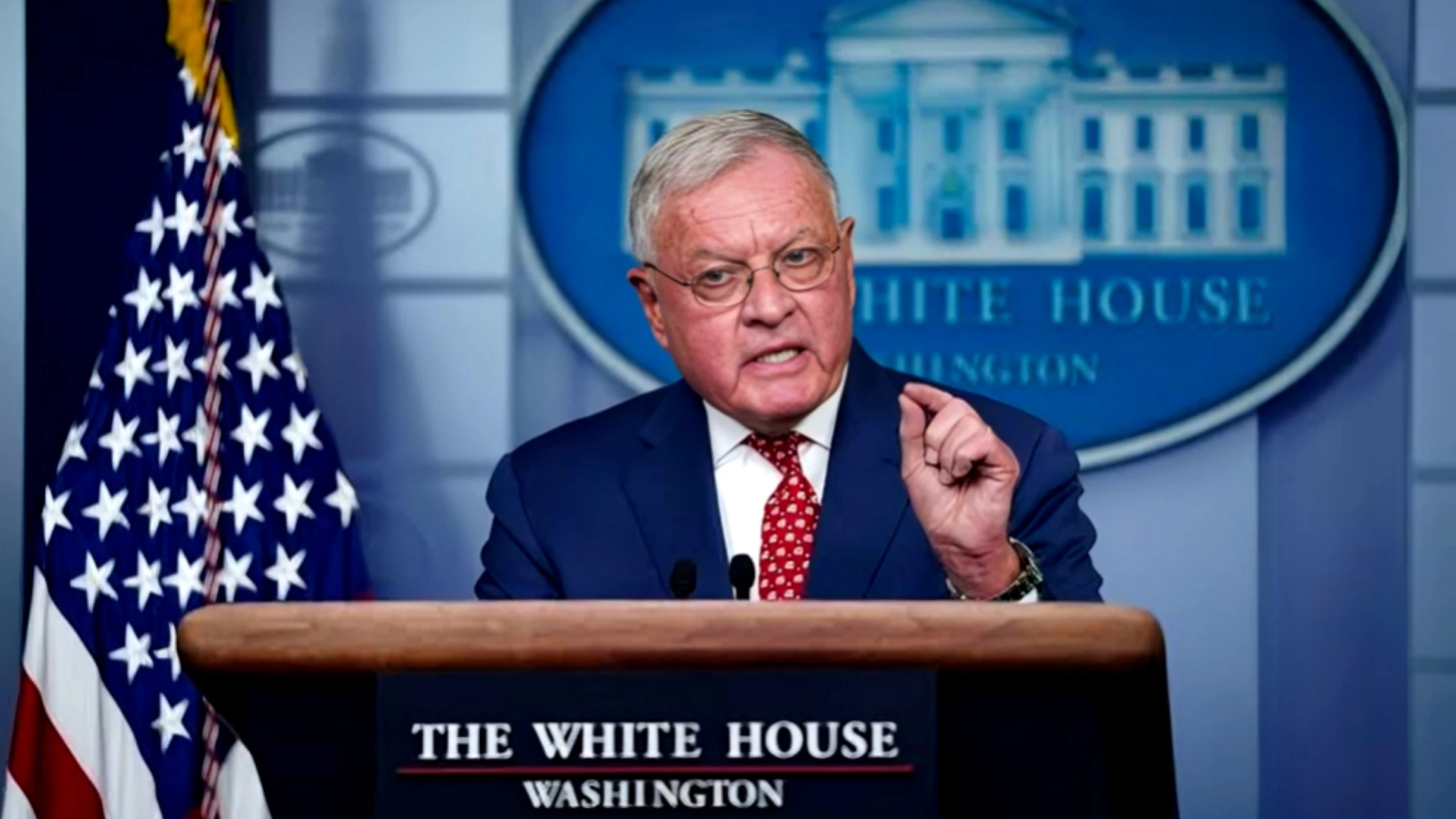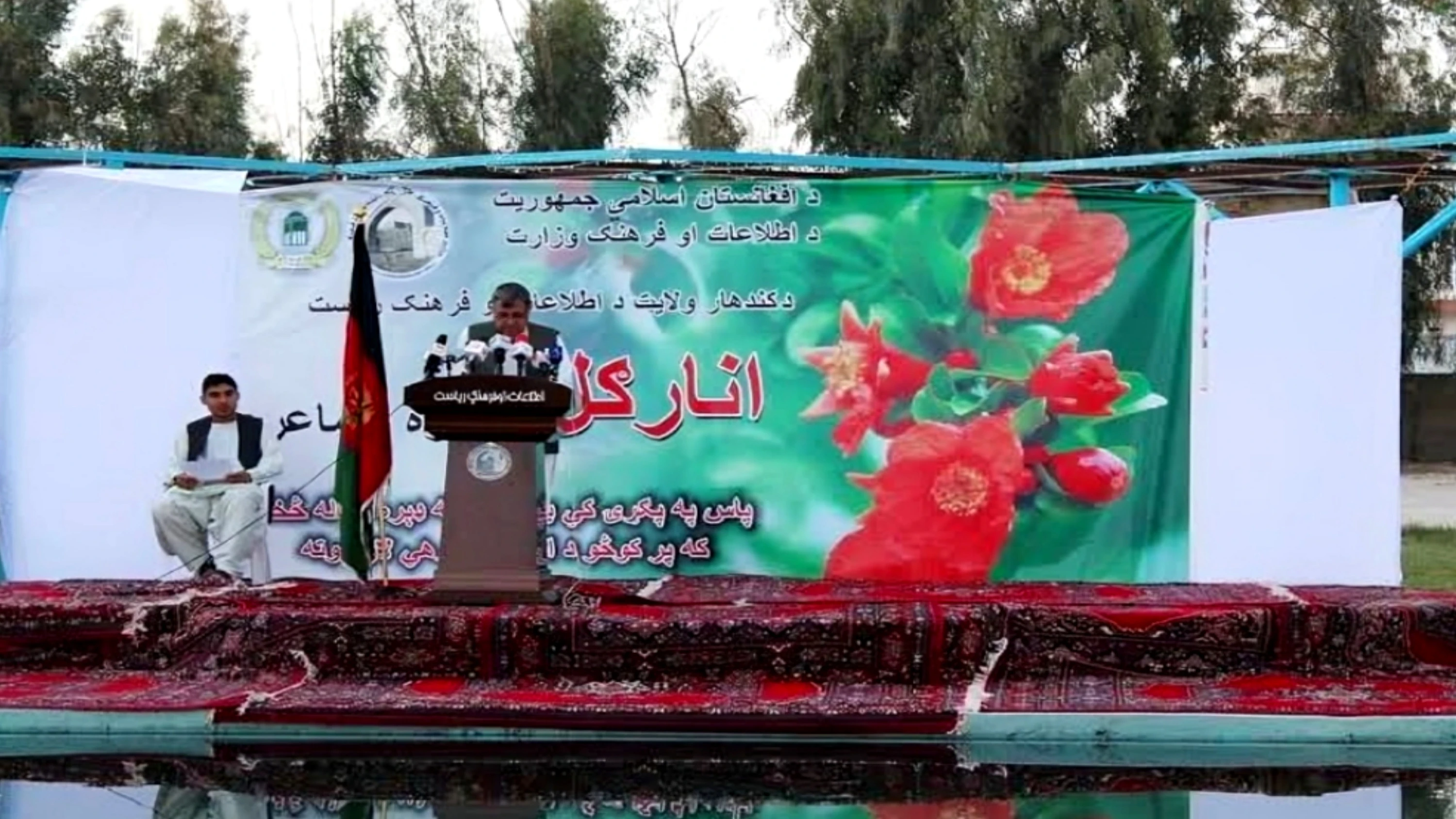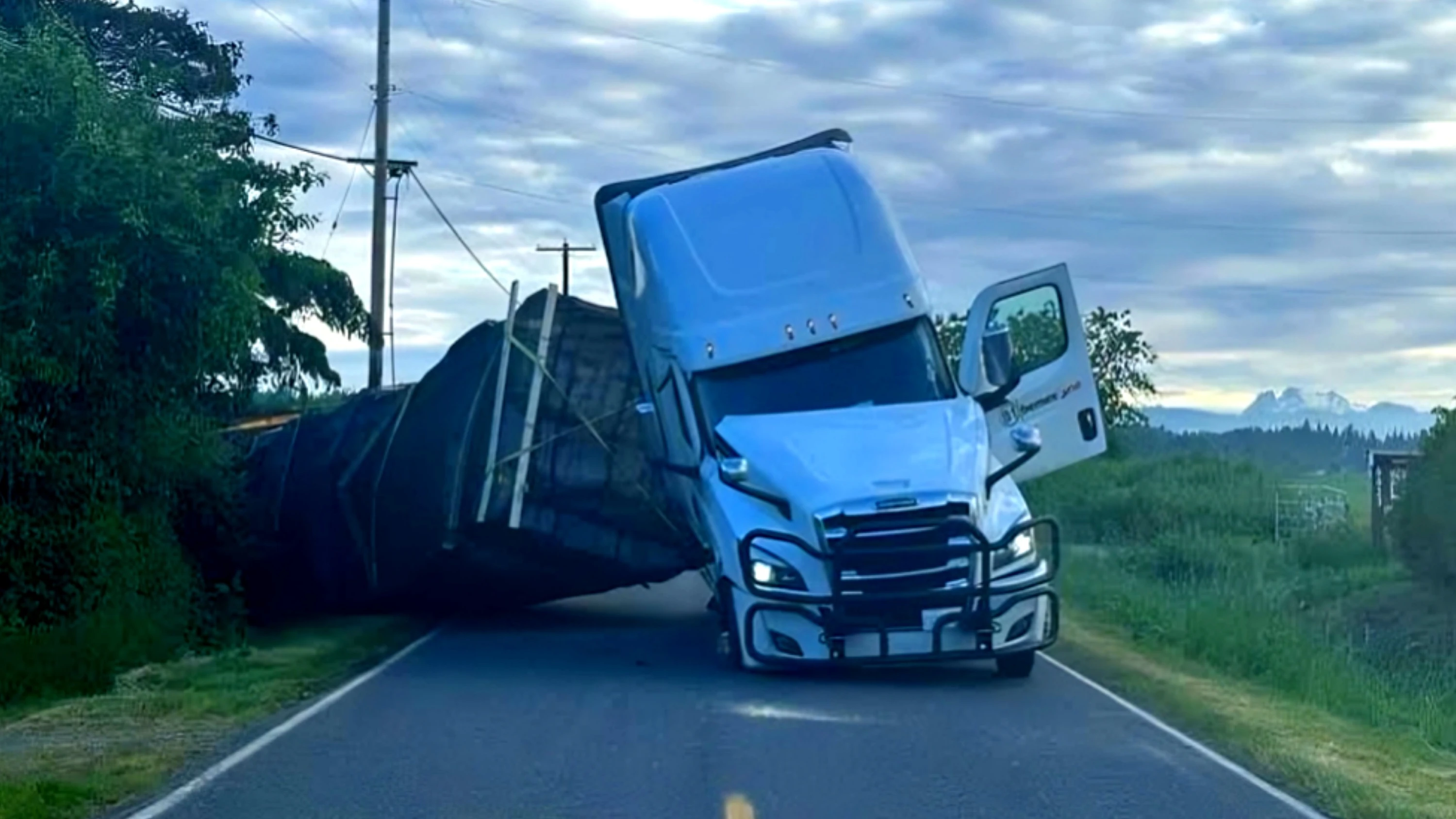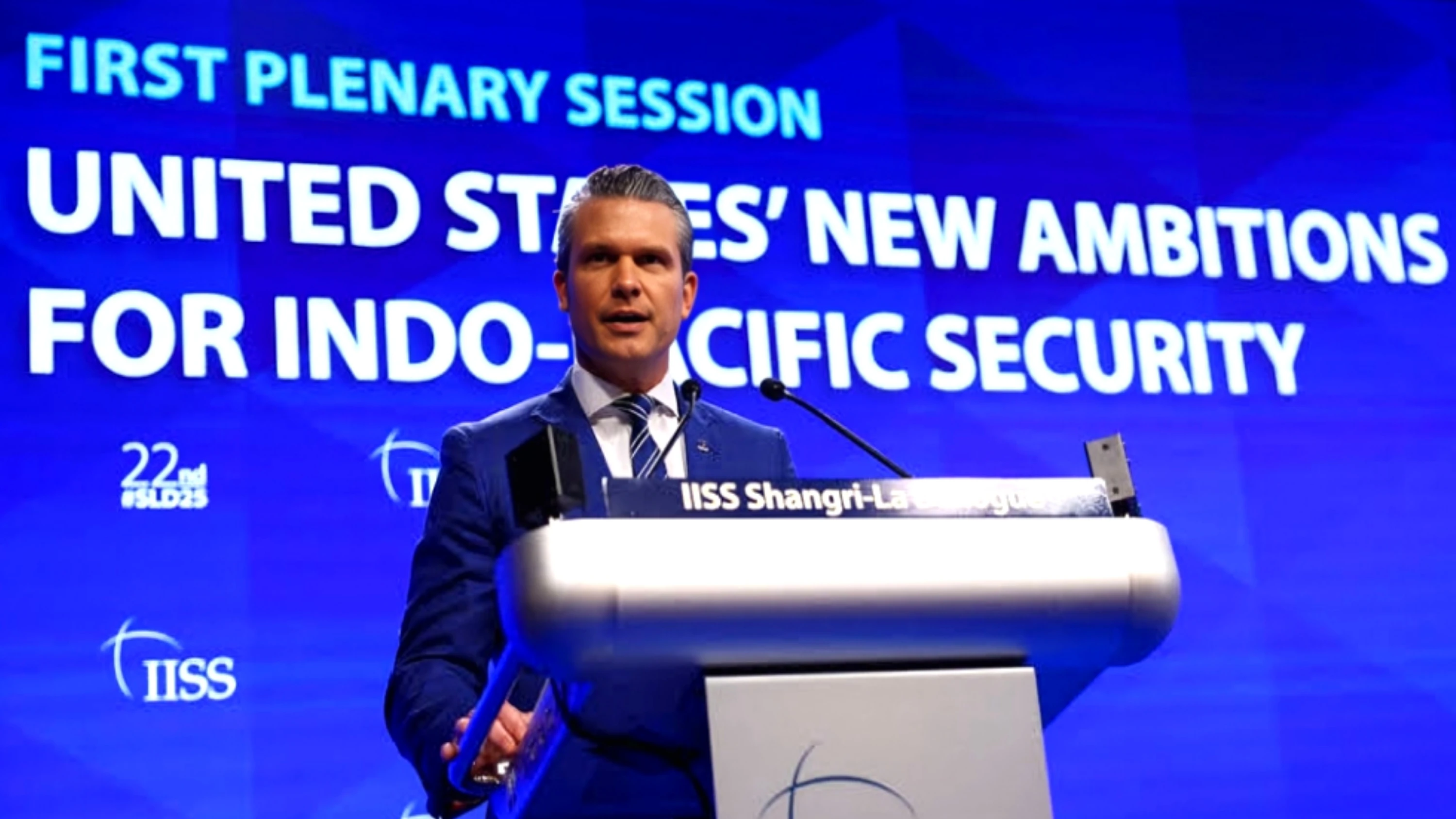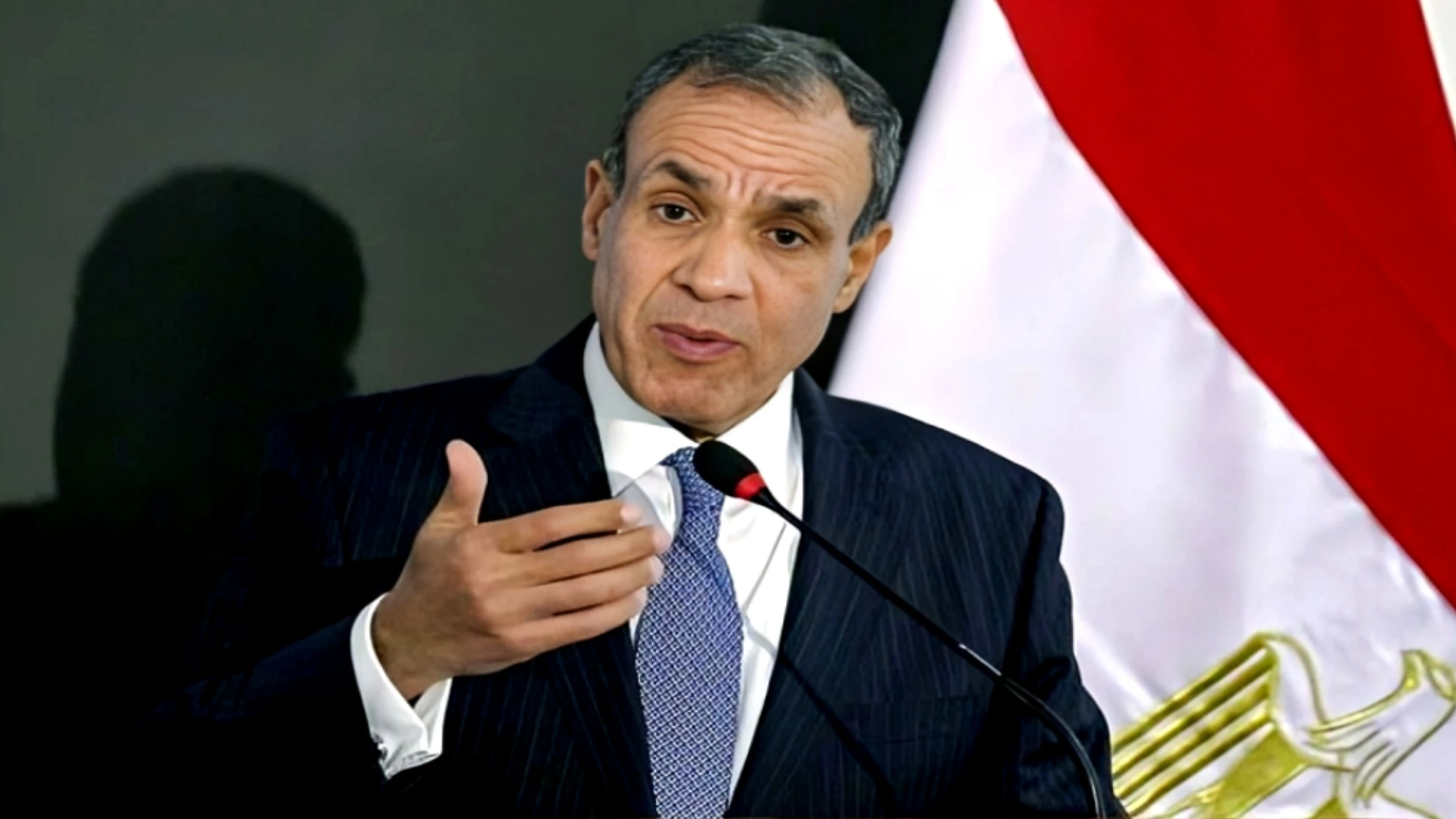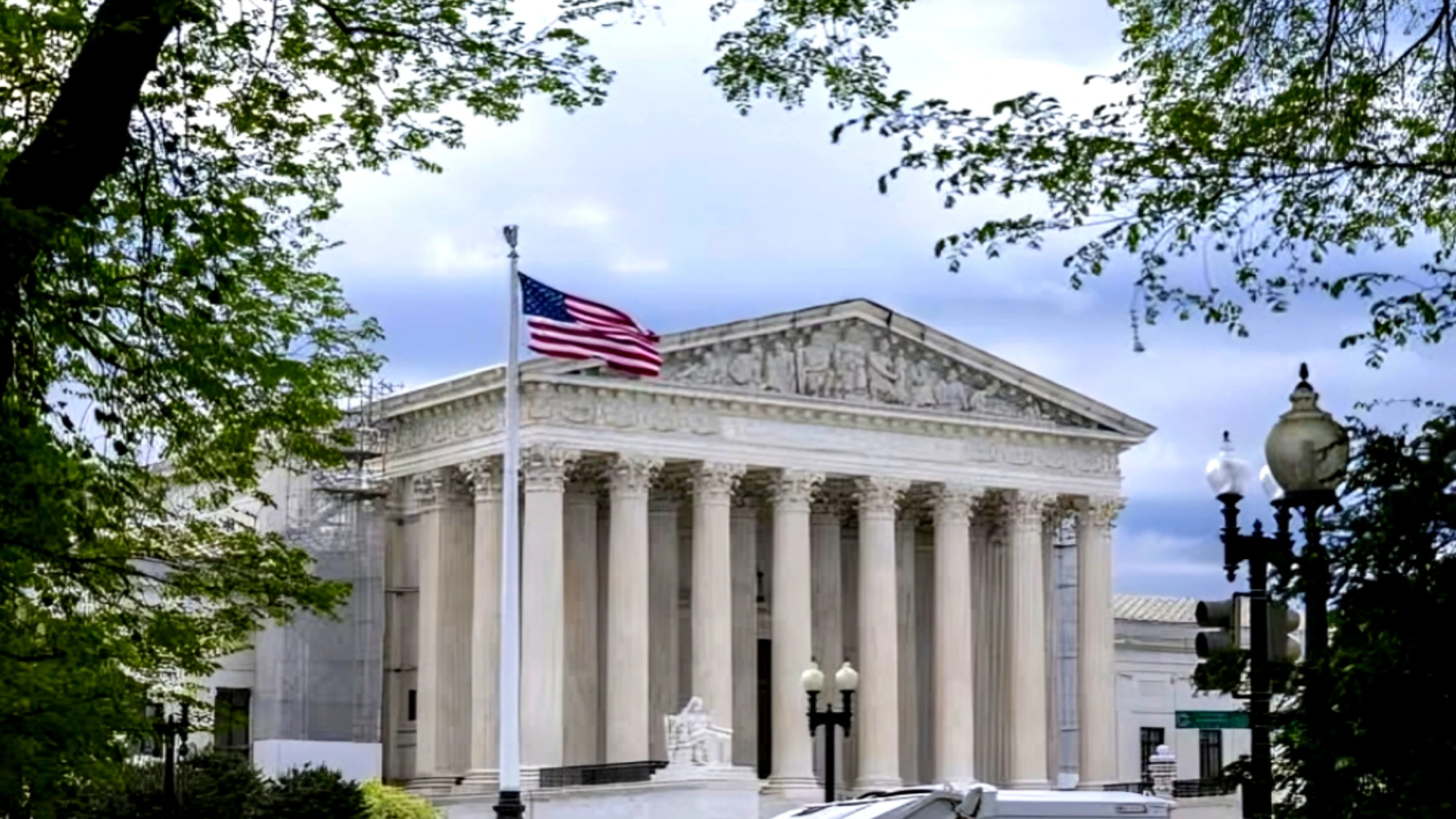Washington: In a recent interview with ABC News, Keith Kellogg, the U.S. envoy to Ukraine under President Donald Trump, acknowledged that Russia's apprehensions about NATO's eastward expansion were "fair." He clarified that Washington does not support Ukraine joining the military alliance at this time.
Kellogg’s comments came in response to a Reuters report highlighting Moscow's demand for a written assurance that NATO will not expand further to include Ukraine or other former Soviet nations. “It’s a fair concern,” Kellogg said, emphasizing that NATO membership requires unanimous agreement among its 32 member states — a consensus that currently does not exist for Ukraine.
He noted that the issue extends beyond Ukraine, with Russia also voicing objections to potential NATO membership for countries like Georgia and Moldova.
Kellogg also shed light on the next steps in the Russia-Ukraine peace process, stating that the U.S. and its allies are working to consolidate two separate draft memoranda from both sides into a single, unified agreement. Talks are expected to resume in Istanbul next week, with national security officials from the U.S., Germany, France, and the U.K. set to participate.
Commenting on Trump’s stance, Kellogg said the president was increasingly "frustrated" with Russia, particularly with what he described as unreasonable behavior from President Vladimir Putin. He condemned Russia’s attacks on Ukrainian cities and said the U.S. had urged Ukraine to attend the upcoming negotiations.
It is important to note that Russia has consistently voiced strong opposition to the eastward expansion of NATO, viewing the alliance’s growing presence near its borders as a direct threat to its national security.
The Kremlin has repeatedly cited Ukraine’s increasing cooperation with NATO—despite the country not being a formal member—as a key point of contention, describing it as a red line and a justification for the attack on Ukraine in 2022.
Since 2022, thousands of Ukrainian civilians and soldiers have lost their lives in the ongoing war, and the country's infrastructure has been devastated.
President Zelensky has repeatedly cited the conflict as a justification for Ukraine's NATO membership. However, following a recent shift in U.S. policy, Ukraine’s accession to NATO now appears increasingly unlikely.
If a ceasefire between Russia and Ukraine is eventually reached on the condition that Ukraine abandons its NATO ambitions, it would mark a significant setback for both the Ukrainian public and President Zelensky.


